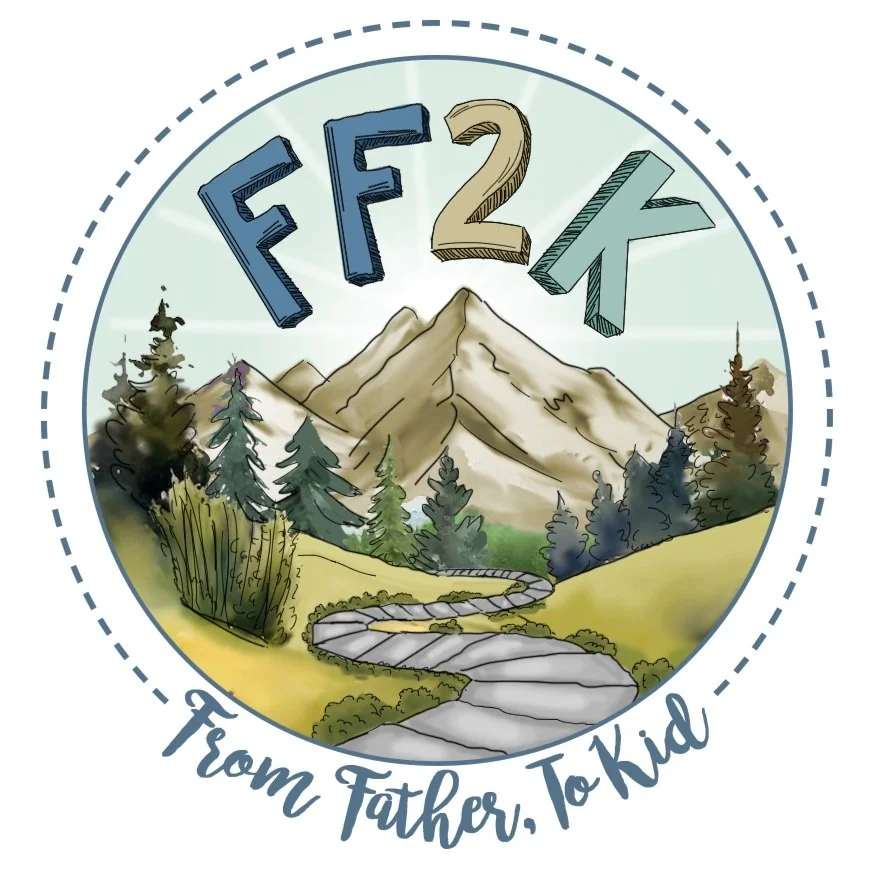The gift of generosity
"No one has ever become poor by giving."
Anne FrankMy mom, your grandma, is an odd duck. So.Many.Quirks.
But there’s one quirk that used to drive me crazy—her generosity. Too much generosity, if you ask me. I had to be careful about complimenting something she owned because she’d likely give it to me on the spot. I had to avoid asking for help, because she’d drop everything to assist, no matter how busy she was. And I had to hold back from sharing my worries, because she’d worry on my behalf, probably more than I did.
And it wasn’t just me. My mom is the one who literally created a company to help a friend struggling with his dance career. She’d fly back to India for a birthday party and return the next day. She even rearranged every room in her house to accommodate her high school friends who only visit once a year.
Her kindness wasn’t exclusive—it extended to anyone, regardless of how long she’d known them. And that’s what made it hard for me to watch. People took advantage of her generosity, using her time and resources without ever reciprocating. It infuriated me, watching them take and take, knowing she was being exploited.
I thought she was a victim of her own kindness.
I told her once that I disliked the people who were taking advantage of her. I expected her to agree, or at least acknowledge it. But what she told me changed my perspective completely. She said, "If they need to take advantage of me, then maybe they need what I have more than I do."
She wasn’t naive at all. She knew what she was doing, and she was okay with it. My mom found joy in giving, in sharing her blessings with others, and to her, it wasn’t about being taken advantage of. She was choosing to give, and that shifted everything for me.
It was a moment of deep respect. It wasn’t just her generosity that struck me—it was the mindset behind it. She was never a victim because nothing was taken from her—she chose to give.
I’m still learning this. I try my best to give, but I struggle when I see people taking more than they should. But I remind myself of the lesson your grandma taught me: generosity isn’t just a gift to others, it’s a gift to yourself. When you give freely, you aren’t depleted—you’re uplifted by what you’ve done.
So, when you find yourself in similar situations, remember: it’s not just about what you give; it’s about how you choose to see it. Generosity is as much a gift to yourself as it is to others.
